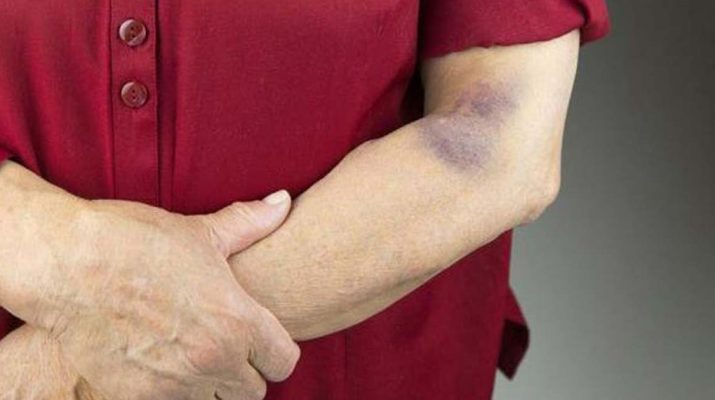The medical term for a low platelet count is Thrombocytopenia. This is a condition that affects bruising and blood clotting and results in the formation of low levels of thrombocytes.
The thrombocytes, on the other hand, are the colorless blood cells that the bone marrow produces, and they are assisting with stopping the bleeding and the formation of blood clots. Usually, a poor diet, bad immune system, and medications cause this condition.
Therefore, the best way to treat low platelet count is to lead a healthy lifestyle and eat good food.
Causes
- Alcohol
- viruses
- Aplastic anemia
- nutrient deficiencies
- Autoimmune disease
- Enlarged spleen
- Genetics
- Infections
- Poor diet
- Pregnancy
- Reactions to medications
- Toxin exposure
Symptoms
- Bleeding gums
- Bleeding under the skin in the form of small spots or rash
- Extended duration of bleeding from wounds and cuts
- Blood in stool or urine
- Enlarged spleen
- Fatigue
- getting excessive bruising
- Frequent headaches
- gum disease
- Heavy menstruation
- Jaundice
- Nosebleeds
- Receiving bruises easily
9 Treatments for Low Platelet Count
Here is what you should do if you want to treat this condition.
1. Reduce the Consumption of Toxins
Processed foods contain a huge amount of harmful toxins. They are full of pesticides, arsenic, and mercury that can immensely slow down the production of platelets. So, to avoid such problems here is what you should do:
- purchase 100% organic produce
- try to grow your own food by using organic fertilizers
- paint the walls in your home with low volatile paints
- instead of using plastic to as a storage container, use ceramic containers
- don’t use chemical fragrances, sprays, or low-quality scented candles
- use natural beauty and cleaning products
- don’t eat fish that contain an excessive amount of mercury like swordfish, tuna, or shark
2. Follow a Healthy Diet
It is important that you consume plenty of nutrients, vitamins, minerals and provide the body with everything that it needs. To do this, you will have to consume more vitamin B12, B9, citrus fruits, beans, cauliflower, beets, asparagus, green leafy veggies, and other healthy foods.
In addition, you will avoid any deficiencies without taking any additional supplements. Therefore, avoid processed foods, and try to include more vegetables and fruits in your diet. To spice things up, feel free to use natural and organic herbs and spices.
3. Taking Supplements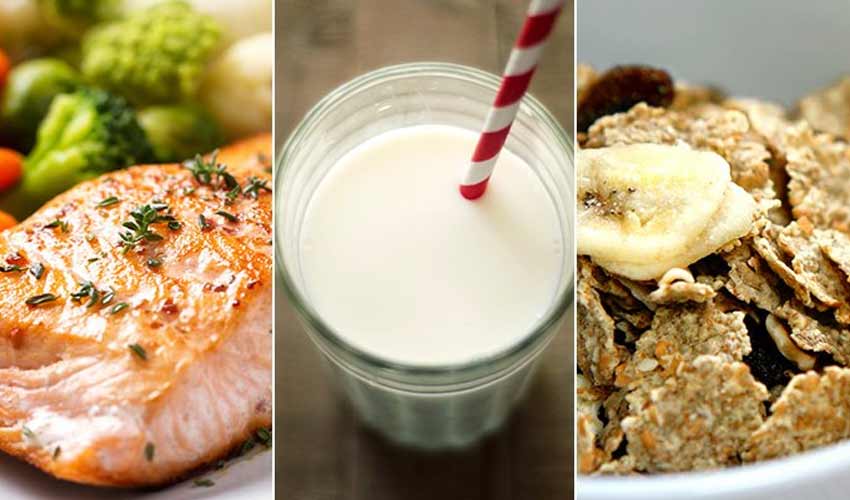
If you have a certain vitamin deficiency, it is alright to take supplements. However, it is important to consult with your doctor first. Don’t try to implement a certain change without letting your doctor examine you first.
Vitamin D is one of the most important vitamins for proper hematopoietic stem cells functions in the bone marrow. To get the vitamin D you need, try being more outdoors. This way you will let the body absorb the vitamin D that it desperately needs.
Sea vegetables are rich in nutrients that can massively boost your immune system. So, start eating more algae and seaweed.
Vitamin K is also an important vitamin. It has anti-inflammatory properties which can help keep the bleeding disorders in check. The best way to get the proper supplements of vitamin K is to eat more kale, blueberries, spinach, broccoli, and Brussels sprouts.
Finally, it is important to eat healthy foods, but it is even more important to know what your body needs. So, if you experience any changes in your system after implementing a certain change, make sure to consult with your doctor.
4. Reduce the Consumption of Alcohol
There are many heavy drinkers out there. However, drinking a lot can increase the risk of developing low platelet counts. According to research, having too much alcohol in your system can prevent the blood cells precursors from properly clotting and suppress blood cell production.
5. Treat Bruises Naturally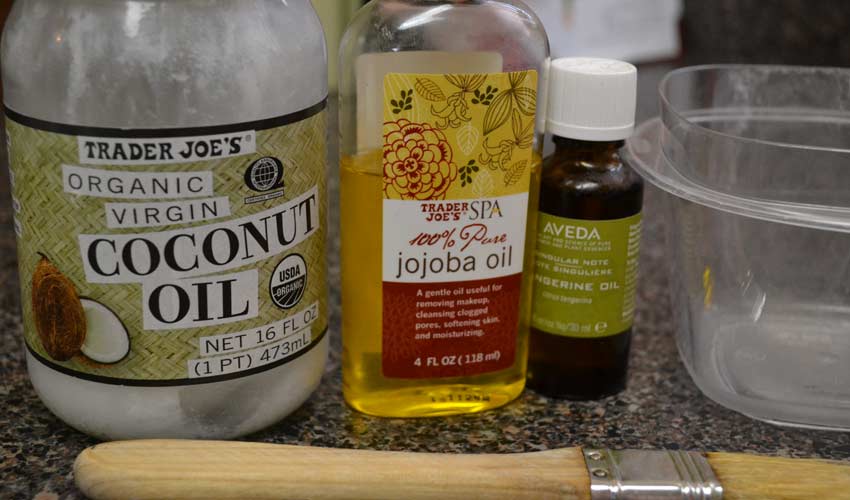
If you develop bruises easily, it might mean that you have low platelets counts. So, the best way to treat these blouses is to make your own bruise cream with coconut oil, frankincense, jojoba oil, and shea butter.
This way you can treat the bruises naturally and stimulate the blood flow.
6. Try Wheatgrass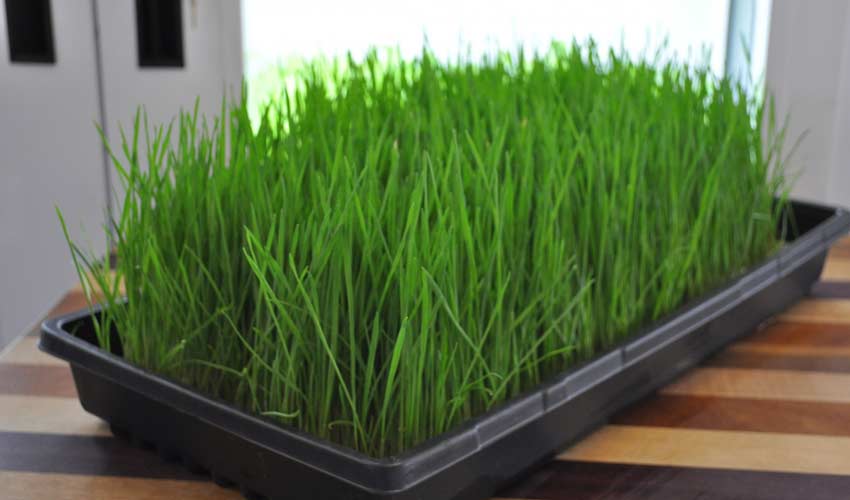
Consuming healthy foods is important. Therefore, wheatgrass can help you immensely. According to a study from 2011 issued in the International Journal of University Pharmacy and Life Sciences, the wheatgrass can boost the platelet count.
To make this remedy, or drink, use ½ cup of wheatgrass juice and some freshly squeezed lemon juice.
7. Avoid too many Sugary Drinks
Processed foods are not your only enemy. That is why you should try to drink less sugary drinks and make your own fresh juices. This is the best way to avoid all the preservatives, sweeteners, and synthetic colors that the chemically produced drinks contain.
8. Slow Down With the Medications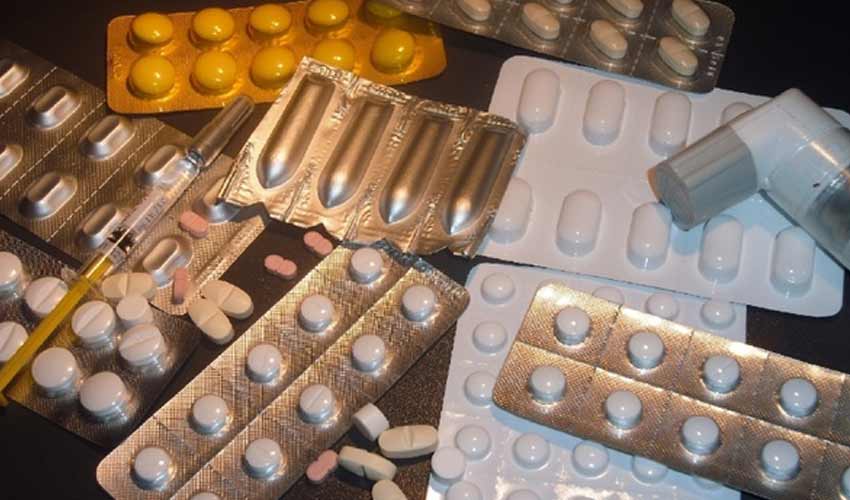
Taking painkillers or other medications is alright. But, if you have low platelet count, the painkillers can negatively affect the platelet levels by thinning your blood. As a result, you should try to focus on a natural alternative and reduce the inflammation or pain levels by consuming a proper diet.
9. Take Care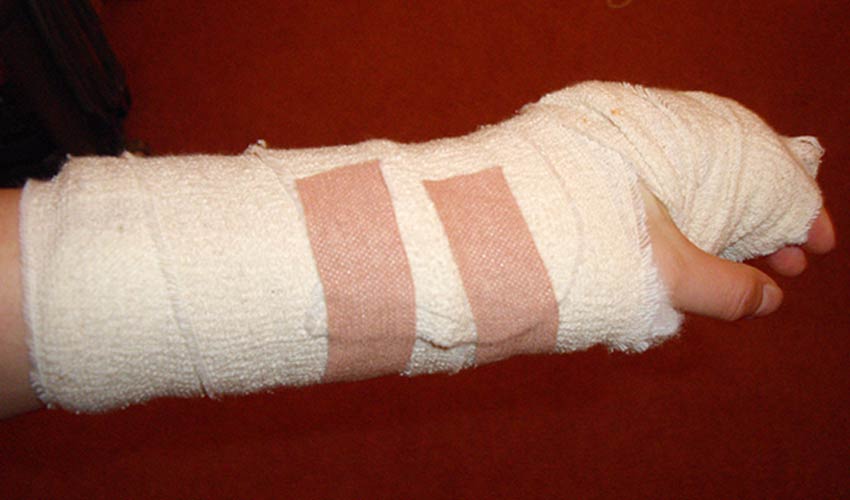
Protecting yourself from any injuries is important. Since your body is weaker and more prone to infections, it is best to avoid triggering excessive bleeding and autoimmune reactions. So, be careful not to injure yourself at work, home, or while you are doing any form of sport.
Did you find this post helpful? Have you tried implementing any of these changes before? Make sure to leave us a COMMENT and SHARE this post with family and friends.

